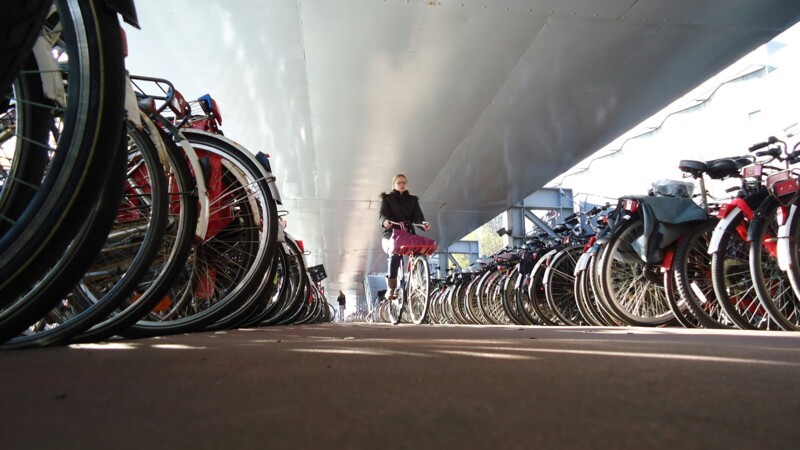Everyday mobility has increased from 78 per cent in 2023 to 82 per cent. People in Hamburg regularly cycle or walk distances of more than ten minutes. This positive exercise trend is evident among children and young people. More people are now members of sports clubs and eight out of ten children can swim by the time they finish primary school.
Residents of Hamburg are more active than the national average (48 per cent) with three- quarters of respondents getting at least 75 minutes of intense or 150 minutes of moderate-intensity exercise every week, according to the latest physical activity report published Monday (May 19, 2025). Thus, the city is reaching the activity levels recommended by the WHO, which reflects positively on the Senate's Active City Strategy.
Mobile by bike or on foot
Is Hamburg fit for Olympics?
"This data on residents' exercise is a strong selling point for an active city and for a possible Olympic bid," said Andy Grote, Senator for Sports. Nils Schulmacher, the report’s author and head of the Science and Transfer Centre Active City expressed hope that sports schemes would "take greater account of social circumstances and gender-specific requirements" in future.
Active City Hamburg
The Science and Transfer Centre Active City at the University of Hamburg was founded as part of the Active City strategy by the University of Hamburg, the Ministry of the Interior and Sport and the Ministry of Science, Research and Equality. The report makes recommendations for the city based on scientific data and encourages people to lead more active lifestyles.
ja/sb/pb
Sources and further information
More
Similar articles

Environment ministry presents latest urban climate analysis

Real-world lab to boost sustainable mobility in Hamburg Metropolitan Region

Innovation gaining pace in Hamburg
